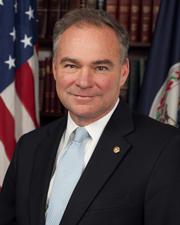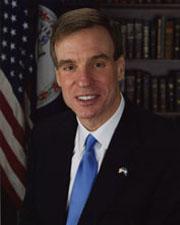0
Saving the Civil Service Act
3/14/2024, 12:31 AM
Summary of Bill S 399
The bill includes provisions that would strengthen the merit-based hiring process within the federal government, increase transparency in the hiring and promotion process, and provide protections for federal employees against political retaliation. It also aims to improve training and professional development opportunities for civil service employees to ensure they have the skills and knowledge necessary to effectively carry out their duties.
Additionally, the Saving the Civil Service Act includes measures to enhance accountability within the civil service system, such as requiring agencies to report on their compliance with merit-based hiring practices and prohibiting the use of political considerations in personnel decisions. Overall, the bill seeks to uphold the principles of a non-partisan, professional civil service that is dedicated to serving the American people and carrying out the functions of the federal government in an efficient and effective manner.
Congressional Summary of S 399
Saving the Civil Service Act
This bill prohibits executive agency positions in the competitive service from being placed in the excepted service, unless such positions are placed in Schedules A through E as in effect on September 30, 2020. The bill also prohibits positions in the excepted service from being placed in any schedule other than the aforementioned schedules.
Additionally, agencies may not (1) transfer occupied positions from the competitive or excepted service into Schedule C without the consent of the Office of Personnel Management, or (2) transfer employees in the excepted service to another schedule or transfer employees in the competitive service to the excepted service without employee consent. The bill also caps the number of employees that may be transferred from the competitive service to the excepted service during a presidential term to 1% of total employees as of the first day of the term or five employees, whichever is greater.
On October 21, 2020, former President Donald Trump issued an executive order titled Creating Schedule F in the Excepted Service. The order placed executive agency positions that are of a confidential, policy-determining, policy-making, or policy-advocating character, and that are not normally subject to change as a result of a presidential transition, under a new schedule in the excepted service (Schedule F) instead of the competitive service. The order also required any such positions in the excepted service to be reclassified to Schedule F. The order was subsequently revoked by President Joe Biden.





